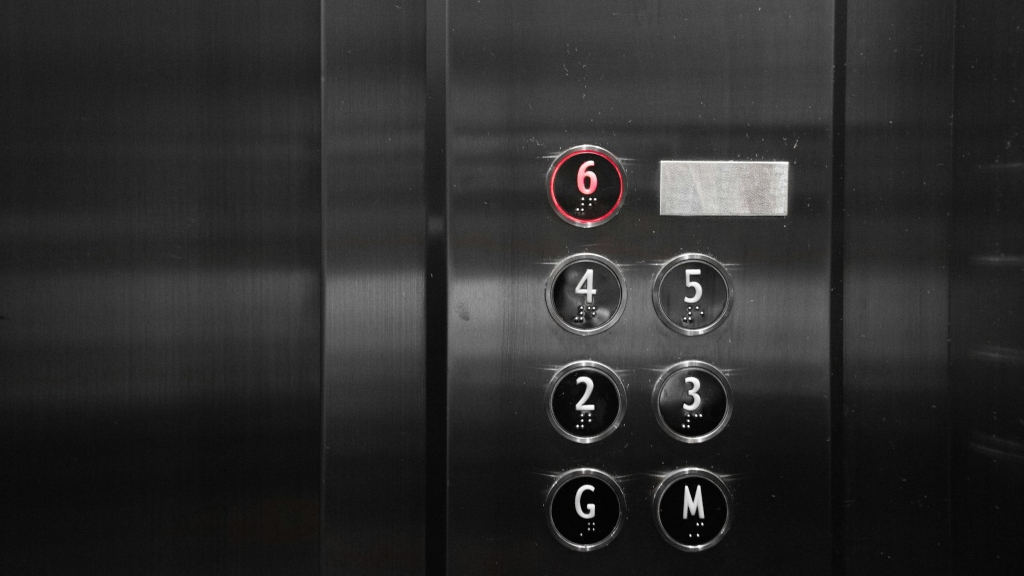New Research Reveals Hand Skills Can Improve with Time, Defying Aging Myths
Breaking research conducted at the University of Colorado Boulder has uncovered a groundbreaking revelation – fingers that seem to lose their dexterity with age can actually regain their nimbleness. This study challenges the commonly held belief that declining hand skills are an inevitable part of aging.
Led by first author Sajjad Daneshgar, along with co-authors Taylor Tvrdy and Professor Roger Enoka, the research team worked with a group of participants aged 60 to 83, aiming to investigate whether manual dexterity could be enhanced through practice and time. The results of the study were astonishing.
During six sessions, participants were given a grooved pegboard exercise that required them to fit small, keyhole-shaped metal pegs into 25 holes on a board as quickly as possible. The varying orientations of the keyholes added to the challenge of the task.
Not only did participants have to manipulate the pegs with their fingers to position them correctly, but they also had to fit them precisely into the holes. This seemingly simple game turned out to be a complex process that involved coordination between the mind and the muscles.
Lead author Daneshgar explained the close relationship between cognitive processes, muscular activity, and the nervous system. The mind’s cognition and learning abilities were found to be closely linked to muscle dexterity.
The study revealed interesting findings, such as the case of a 67-year-old woman who used to play the piano in her youth. Despite the average completion time for the pegboard exercise being between 40 and 50 seconds, she completed it in just 36 seconds, faster than some of the researchers themselves. This suggests that engaging in certain activities earlier in life, like playing a musical instrument or participating in sports such as rock climbing, can have a lasting positive impact on manual dexterity.
Moreover, the study also demonstrated that even those without a history of such activities could still benefit from practice. Regardless of their initial performance, all participants improved their pegboard times by the end of the study.
Daneshgar emphasized, “The brain can improve manual dexterity. It’s not just at the level of the fingers. Signals from the brain are controlling function, and practicing aids learning.”
This research not only challenges the notion of age-related decline in manual dexterity but also questions the traditional way of categorizing individuals’ performance based on chronological age in their later years.
The study was published in the journal Med Sci Sports Exerc. For more updates, stay tuned to Tech Times.

I have over 10 years of experience in the cryptocurrency industry and I have been on the list of the top authors on LinkedIn for the past 5 years. I have a wealth of knowledge to share with my readers, and my goal is to help them navigate the ever-changing world of cryptocurrencies.







